How To Enhance Your Garden Soil With Number Easy Steps
Title: How to Enhance Your Garden Soil with 10 Easy Steps
Introduction:
Healthy soil is the foundation of a successful garden. It provides plants with the nutrients they need to grow strong and healthy. But what if your soil isn't as healthy as it could be?
In this blog post, I will share 10 easy steps you can take to enhance your garden soil. These steps are simple, but they can make a big difference in the health and productivity of your garden.
Main Content:
Step 1: Get a soil test.
The first step to improving your soil is to get a soil test. This will tell you the pH level of your soil, as well as the levels of nutrients present. This information will help you determine what amendments you need to add to your soil.
Step 2: Add organic matter.
Organic matter is the key to healthy soil. It helps to improve the drainage, aeration, and water retention of soil. It also provides plants with the nutrients they need to grow.
There are many different ways to add organic matter to your soil. You can add compost, manure, leaves, or even grass clippings.
Step 3: Amend your soil with lime or sulfur.
If your soil is too acidic or alkaline, you will need to amend it with lime or sulfur. Lime will raise the pH of your soil, while sulfur will lower it.
Step 4: Mulch your soil.
Mulch helps to retain moisture in the soil, suppress weeds, and protect the soil from erosion. There are many different types of mulch that you can use, such as wood chips, bark, or straw.
Step 5: Plant cover crops.
Cover crops are plants that are grown to improve the health of the soil. They help to add organic matter, suppress weeds, and improve the drainage of soil.
Step 6: Rotate your crops.
Crop rotation helps to prevent the build-up of pests and diseases in the soil. It also helps to improve the nutrient content of the soil.
Step 7: Avoid tilling your soil.
Tilling can damage the soil structure and release nutrients into the atmosphere. Instead of tilling, you can use a garden fork to loosen the soil.
Step 8: Water your plants deeply and infrequently.
Deep watering helps to encourage the roots of your plants to grow deep into the soil. This will help your plants to be more drought-tolerant.
Step 9: Don't overwater your plants.
Overwatering can drown your plants and kill them. It can also encourage the growth of pests and diseases.
Step 10: Be patient.
It takes time to improve the health of your soil. Don't expect to see results overnight. Just keep following these steps and you will eventually have healthy, productive soil.
Conclusion:
By following these 10 easy steps, you can enhance your garden soil and improve the health and productivity of your garden. So what are you waiting for? Start improving your soil today!
Are you looking for a way to improve the health of your garden soil? If so, you should consider using a garden soil enhancer. Garden soil enhancers are products that add nutrients and organic matter to the soil, which can help to improve drainage, aeration, and water retention. This can lead to healthier plants and a more productive garden.
There are many different garden soil enhancers on the market, so it is important to choose one that is right for your needs. Some factors to consider include the type of plants you are growing, the condition of your soil, and your budget.
If you are not sure which garden soil enhancer to choose, you can visit Home Gardening for more information. Home Gardening is a reputable website that offers a wide variety of garden soil enhancers, as well as helpful articles and videos on gardening.
FAQ of garden soil enhancer
What is a garden soil enhancer?
A garden soil enhancer is a substance that is added to soil to improve its physical, chemical, and biological properties. This can help to improve the drainage, aeration, water retention, nutrient availability, and overall health of the soil.
What are the benefits of using a garden soil enhancer?
There are many benefits to using a garden soil enhancer, including:
- Improved drainage and aeration, which can help to prevent root rot and other plant diseases.
- Increased water retention, which can help plants to survive during periods of drought.
- Improved nutrient availability, which can help plants to grow healthier and stronger.
- Increased biological activity, which can help to break down organic matter and improve the overall health of the soil.
What are some common garden soil enhancers?
Some common garden soil enhancers include:
- Compost: Compost is a great way to improve the structure and fertility of soil. It is made from decomposing organic matter, such as food scraps, yard waste, and leaves.
- Manure: Manure is another excellent soil amendment that can provide plants with nutrients and improve the drainage of soil.
- Peat moss: Peat moss is a lightweight, acidic material that can help to improve the drainage and aeration of soil.
- Vermicast: Vermicast is a type of compost that is made from worm castings. It is a rich source of nutrients and can help to improve the structure and fertility of soil.
When should I add a garden soil enhancer?
The best time to add a garden soil enhancer is in the fall or early spring. This will give the soil time to incorporate the amendment before planting begins.
How much garden soil enhancer should I add?
The amount of garden soil enhancer that you need to add will depend on the type of soil you have and the plants you are growing. A good rule of thumb is to add 2-4 inches of amendment to the top of the soil.
What are some of the risks of using a garden soil enhancer?
There are a few risks associated with using garden soil enhancers, including:
- Over-fertilizing plants: If you add too much fertilizer to the soil, it can burn the roots of your plants.
- Introducing pests or diseases: Some garden soil enhancers, such as manure, can introduce pests or diseases into your garden.
- Altering the pH of the soil: Some garden soil enhancers, such as peat moss, can alter the pH of the soil. This can be harmful to some plants.
How do I choose the right garden soil enhancer for my needs?
When choosing a garden soil enhancer, there are a few factors you should consider, including:
- The type of soil you have: Some soil enhancers are better suited for certain types of soil than others.
- The plants you are growing: Some plants have specific nutrient requirements that you need to take into account when choosing a soil enhancer.
- Your budget: Garden soil enhancers can range in price from a few dollars to several hundred dollars.
Image of garden soil enhancer
- Compost: A mixture of organic materials that have decomposed over time. Compost is a great way to improve soil fertility and drainage.
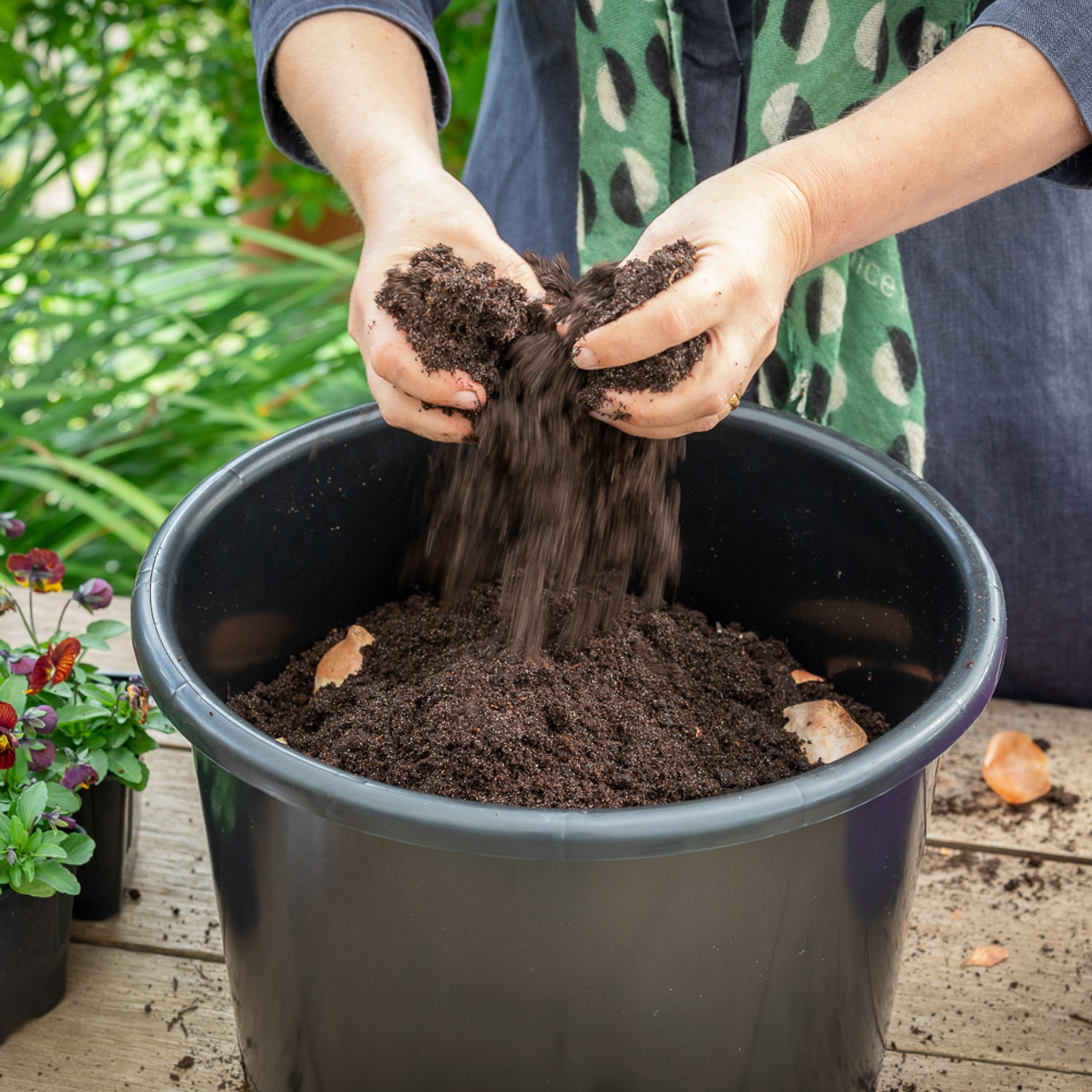
- Manure: Animal waste that has been composted. Manure is a good source of nutrients for plants, and it can also help to improve soil structure.
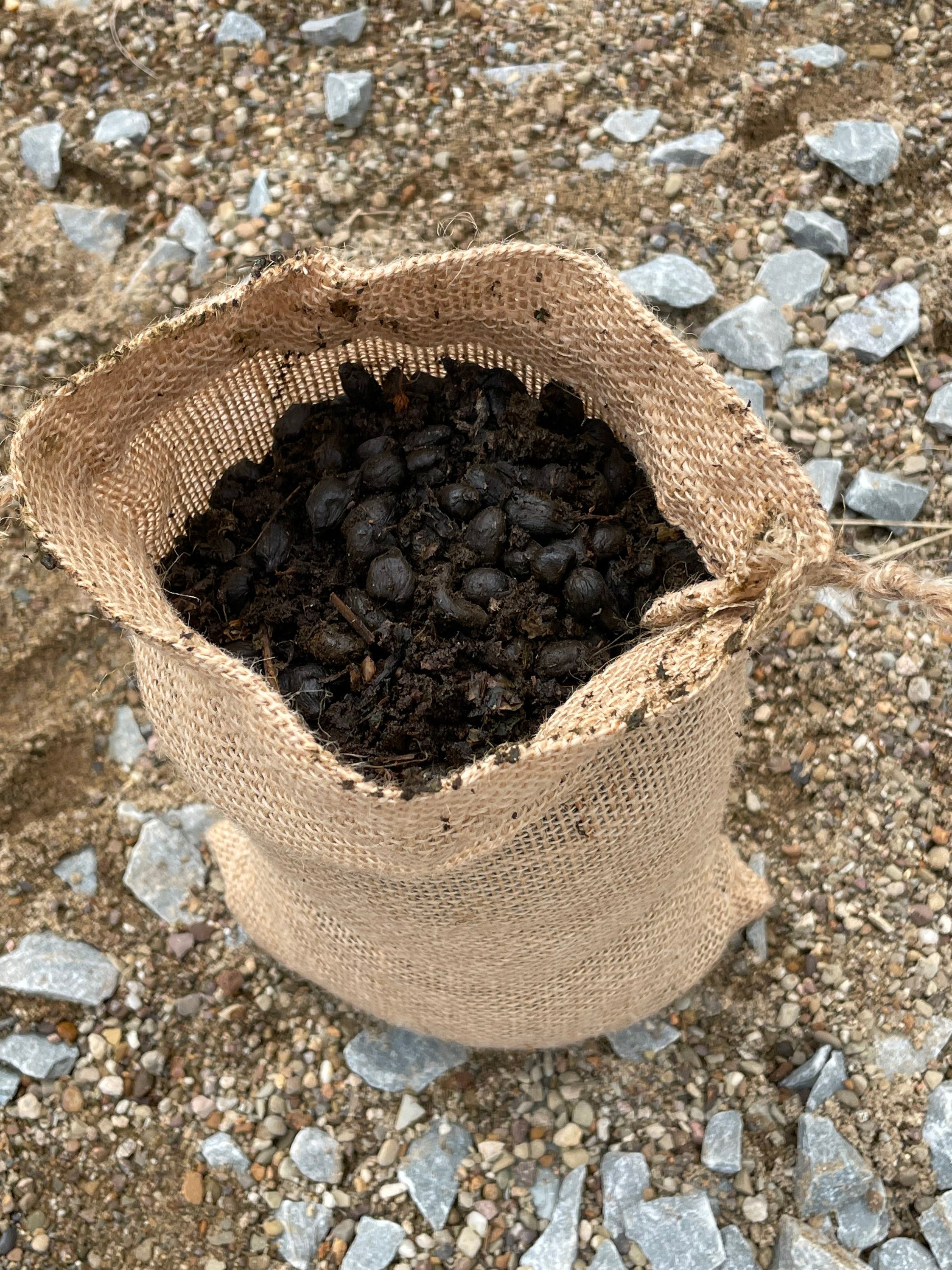
- Peat moss: A type of moss that has been decomposed and compressed. Peat moss helps to improve soil drainage and aeration.

- Vermicompost: A type of compost that is made by worms. Vermicompost is high in nutrients and beneficial microbes, and it can help to improve soil structure.

- Leaf mold: A type of compost that is made from leaves. Leaf mold is high in nutrients and helps to improve soil drainage.
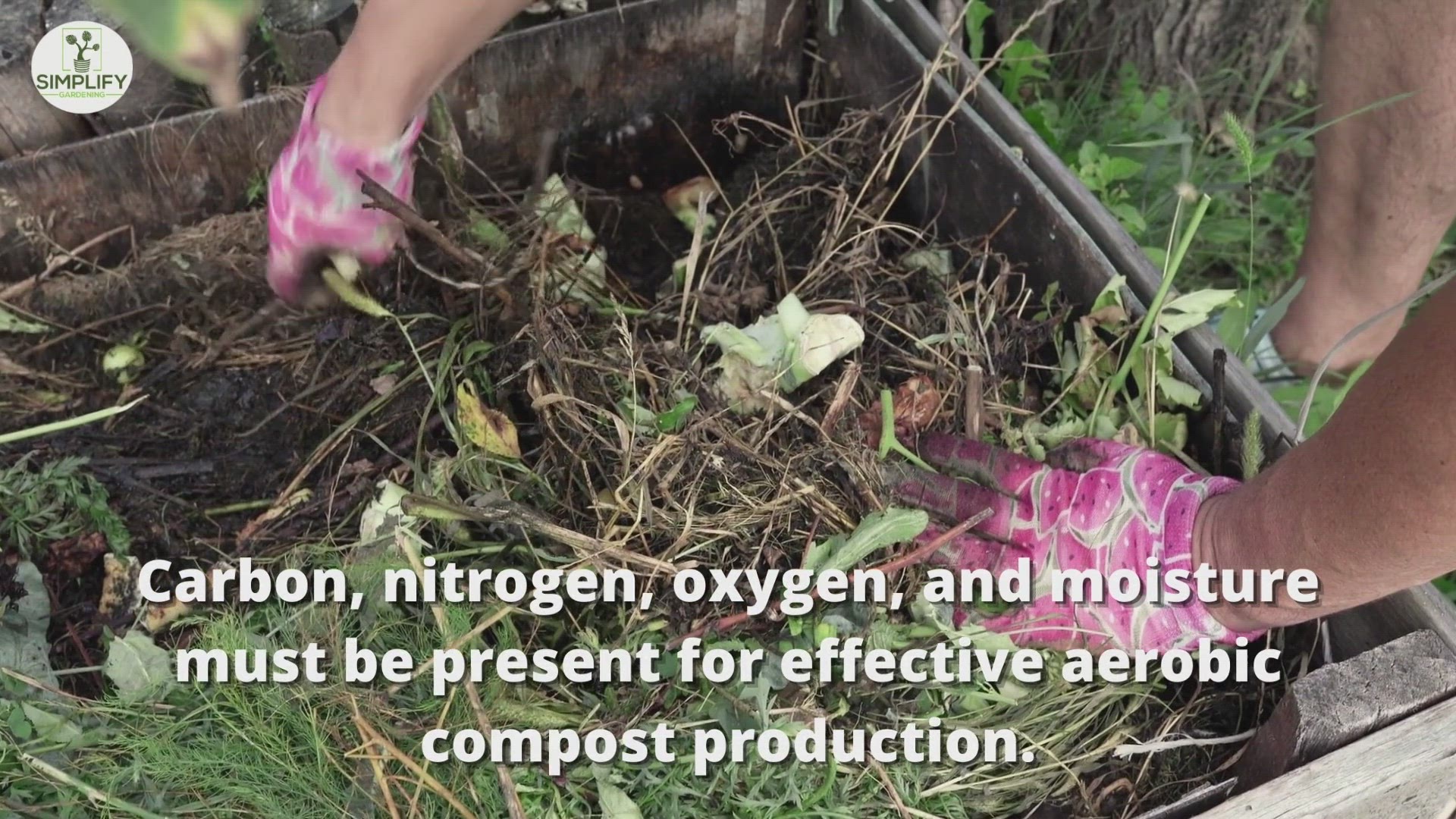
- Wood chips: Shredded wood that is used to improve soil drainage and aeration. Wood chips can also help to suppress weeds.

- Sand: A type of soil that is high in drainage. Sand can be added to clay soils to improve drainage.
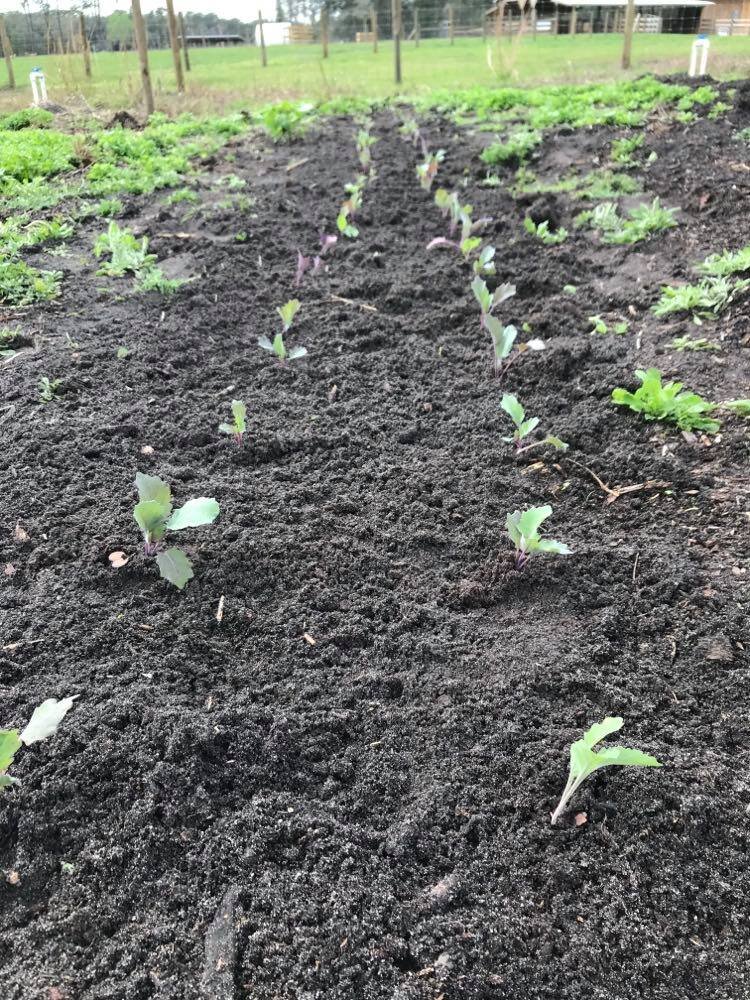
- Perlite: A type of volcanic glass that is used to improve soil drainage and aeration. Perlite can also help to retain moisture.

- Vermiculite: A type of mineral that is used to improve soil drainage and aeration. Vermiculite can also help to retain moisture.
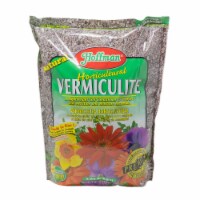
Post a Comment for "How To Enhance Your Garden Soil With Number Easy Steps"